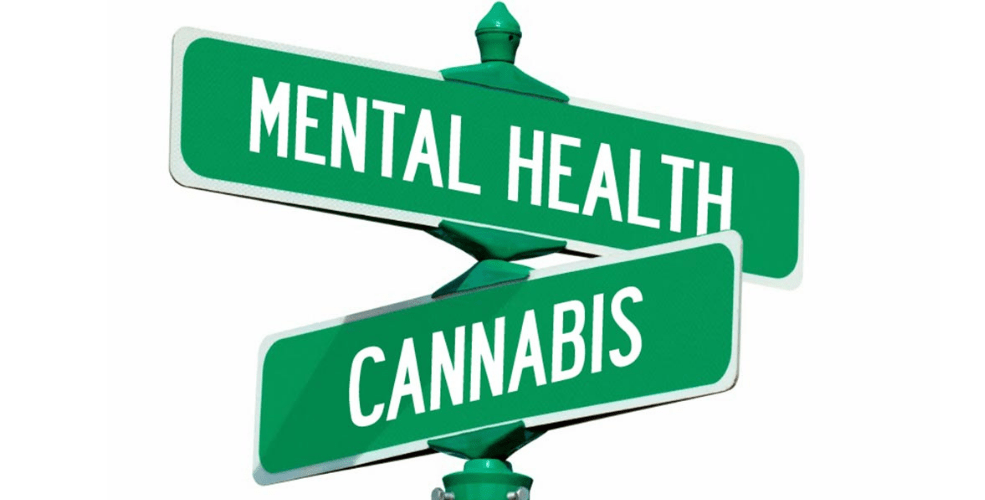
How Cannabis Helps People Cope With Mental Illness: A Study
The mental health effects of cannabis have long been the subject of heated debate. Let’s look at some of the ways cannabis affects mental health and mental illness.
anxiety
Many children, young adults, and adults suffer from anxiety. Anxiety leads to panic and intense stress-induced brain activity. Some of the symptoms that occur due to anxiety can also affect a person’s cognitive skills. However, research by the MIND project shows that cannabis alleviates or even reduces these symptoms.
The Marijuana Investigations for Neuroscientific Discovery (MIND) project, led by neuroscientist Staci Gruber, involved research into an individual’s cognitive performance, conventional drug use, sleep, quality of life, measurements of brain structure and function, mental health, and others Variants. It noted how cannabis or cannabinoids affected these variants. Basically, the study showed that patients who took medicinal cannabis to relieve their anxiety symptoms saw an improvement in their cognitive functionality. Cannabis also helped alleviate these symptoms, and symptoms related to the condition gradually decreased. In addition, this test covered the benefits it offered to patients with anxiety and other mental disorders as well.
PTSD
Post traumatic stress disorder (PTSD) is a mental illness that is triggered by painful experiences or trauma in the past. A tragic past event or hurtful memory can affect a person’s mental health and trigger severe anxiety, flashbacks, and even nightmares. People who have had life-changing experiences in the past are often prone to suffering from PTSD.
Although there was no drug available solely to treat PTSD, research has shown that cannabinoids helped alleviate symptoms. Marcel Bonn-Miller, an AP in psychology in psychiatry at the University of Pennsylvania, concluded that patients have resorted to cannabinoids rather than prolonged therapy to ease their symptoms.
schizophrenia
Schizophrenia is a mental disorder that affects the patient’s ability to perceive reality in a normal state. Symptoms of schizophrenia include hallucinations, delusions, impaired cognitive functions, disorganized behavior, speech disorders due to disorganized thinking.
The main psychoactive compound in cannabis is THC (tetrahydrocannabinol). THC binds to cannabinoid receptors in the brain and is responsible for making us feel high. Another compound, CBD, is not limited to cannabinoid receptors and has antagonistic effects against THC. In a 2006 study by Antonio Waldo Zuardi and his colleagues, CBD was used as monotherapy for treatment-resistant schizophrenia in three people. The study showed improvement in only one patient. On the other hand, a 19-year-old schizophrenic patient who received 1500 mg of CBD for up to four weeks showed an improvement in acute psychotic symptoms.
CBD is just as effective as amisulpride in treating psychotic symptoms. It has fewer side effects, including fewer pyramidal symptoms and weight gain. Although the results of studies done on different patients vary slightly, the therapeutic effects of CBD are undeniable.
The compounds found in cannabis are known to have medicinal effects. Ongoing studies have often shown that cannabis is a better alternative to some of the drugs used to treat mental illness.
follow us on twitter for more information on cannabis.

Post a comment: